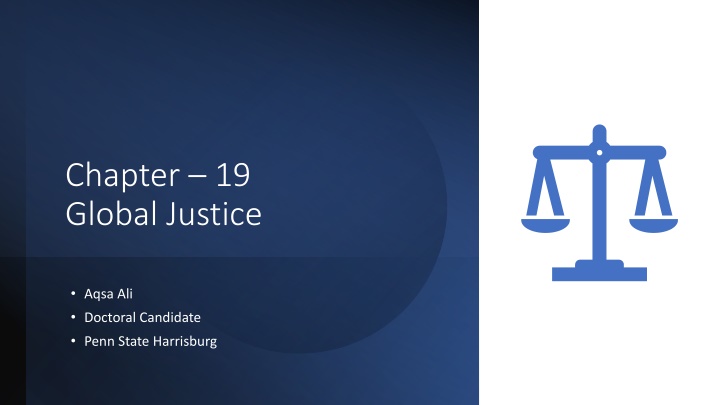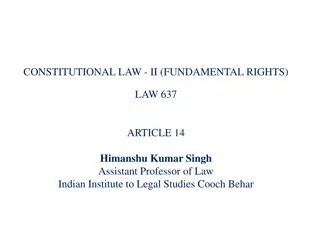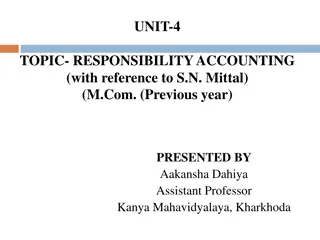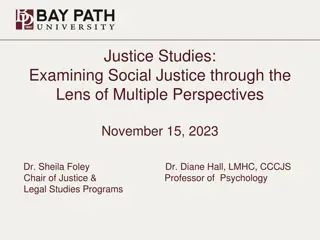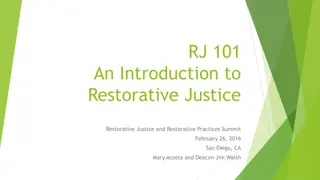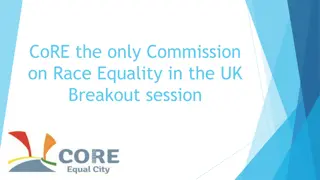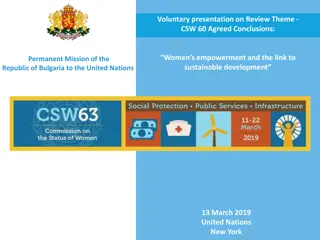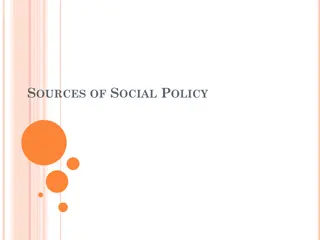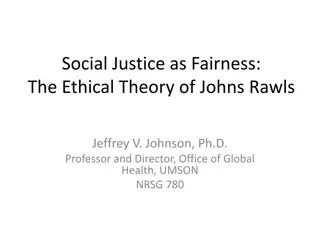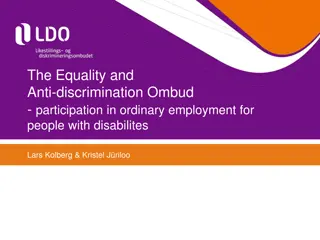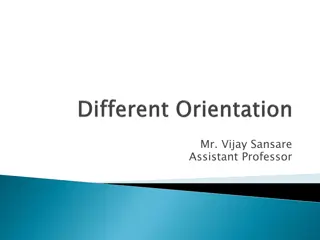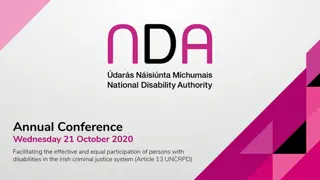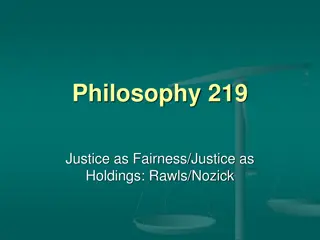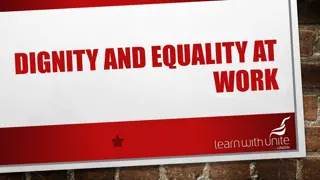Global Justice: Understanding Social Equality and Responsibility
Global justice encompasses principles of social equality and responsibility, addressing issues such as wealth distribution, human rights, and morality. Learn about the importance of social justice, the role of public institutions, and moral obligations towards fellow human beings.
Download Presentation

Please find below an Image/Link to download the presentation.
The content on the website is provided AS IS for your information and personal use only. It may not be sold, licensed, or shared on other websites without obtaining consent from the author.If you encounter any issues during the download, it is possible that the publisher has removed the file from their server.
You are allowed to download the files provided on this website for personal or commercial use, subject to the condition that they are used lawfully. All files are the property of their respective owners.
The content on the website is provided AS IS for your information and personal use only. It may not be sold, licensed, or shared on other websites without obtaining consent from the author.
E N D
Presentation Transcript
Chapter 19 Global Justice Aqsa Ali Doctoral Candidate Penn State Harrisburg
Key questions? What is global justice? When there are human catastrophes such as famines who should help? Who is responsible for preventing famine? Should principles of justice be restricted to fellow compatriots?
Social justice Social justice is an underlying principle for peaceful and prosperous coexistence within and among nations. We uphold the principles of social justice when we promote gender equality, or the rights of indigenous peoples and migrants (www.uno.org). Social justice primarily involves the good of other (Novak, 2000). Lack of social justice generally hurts people and places
It is important to recognize that social justice relies upon laws and policies that promote distributive justice, and hence on the presence of properly funded and fully functioning public institutions to ensure implementation of and accountability for those policies. In other words, for social justice to be achieved we need state institutions that function for the welfare and wellbeing of all, and which can be held to account for these commitments (Hawkes, Gamlin & Buse, 2022).
Define global justice (use at least 5 keywords) Wealth distribution Resources Allocation Fair Nation Human rights Human immorality Justice Inequality Responsibility
The We all have a duty to other people, and we should protect their rights and freedoms (Article 29 of the universal declaration of human rights). problems of the world are the world s problem . GLOBAL JUSTICE
Morality and global justice Peter Singer in his influential article (1972) discussed about the moral obligation/duty of a man towards his fellow human beings. In his views: a. Suffering and death from lack of food, shelter and medical care are bad b. If it is in our power to prevent something bad from happening , without thereby sacrificing anything of comparable moral importance, we ought, morally, to do it. The coordination problems arising out of the presence/contribution of multiple people/donors can be resolved through mass media
Economic and political perspective of Global Justice Amartya Sen (1999) investigated the economic and political perspective of global injustice. There is no connection between starvation and lower food production. a. Famines do not occur in democratic countries. b. Starvation is the linked with the ability to purchase food rather than the availability of the food. Democratic countries have independent media and long-term economic measures to restore the purchasing power of the affected group. The world as a single interdependent economic system based on the principle of demand and supply. Problem of Hunger
Ethical and political implications The political dimensions may alter our response in fulfilling the moral obligations towards other/hostile nations. States and NGOs work together to prevent human sufferings. This complex situation requires coordination through communication and access to knowledge. Fixing the boundaries to help the fellow men.
Perspectives on Global Justice Particularists (partialists) Cosmopolitans Institutionalists
Cosmopolitans It is incoherent to restrict justice to the sphere of the nation-state. Based on Rawl s difference principle the poorest class must be made as well off as possible throughout the globe. 1. Self-contained autarkic states: limited redistribution focusing on providing natural resources and support to develop just political systems to satisfy the citizen s basic needs. 2. Cooperative non-autarkic states: stronger principle of redistribution may be applied.
Moral universalism All persons should be subject to same system of fundamental moral principles. Equality is a default position. Inequalities that cannot be justified within a particular nation-state should not in principle be justified between nation- states. How the West (North) consider severe poverty in their own country unjust but consider it morally acceptable to exist in the Global South? For instance, using developing countries for cheap labor and destroying the local climate and economic structure.
Particularists It is legitimate to show special concern for one s compatriots and the claims of justice can justifiably be restricted. When there is a conflict of interests, nations strive to further the interest of their own community. It focuses on nationalism/ patriotism and impartiality of serving all. It accepts universalist defense of global justice but rejects the need to justify it.
Middle ground for particularists Goods and criteria of distribution should be contextualized. Every state has its own local context based on culture and notion of merit. For instance, mosquito nets, particular vaccines, access to internet and policies related to local matters. Developing a global and transcultural conception of justice would likely result in a minimal set of basic goods and a relatively weak principle of global distribution.
Institutionalists Differential treatment of the domestic and the global spheres based on the complexity of the morality and the importance of the political. Juxtaposing the egalitarian theory of domestic justice with inegalitarian theory of international justice. It is difficult to determine when duties corelated to socio-economic rights have been fulfilled in the absence of a global economic institution. The non-liberal states does not treat their citizens as free and equal, then it cannot itself be treated as an equal among the community of peoples.
Three Levels of Justice Distribution within families, clubs and churches Local Distribution of resources at state level Domestic International distribution of justice Global
Define global justice (use at least 5 keywords) Wealth distribution Resources Allocation Fair Nation Human rights Human immorality Justice Inequality Responsibility
Global Injustice COVID-19 What could have happened if the world did not follow the principles of GJ? Syrian crisis Are we unbiased in protecting human rights?
